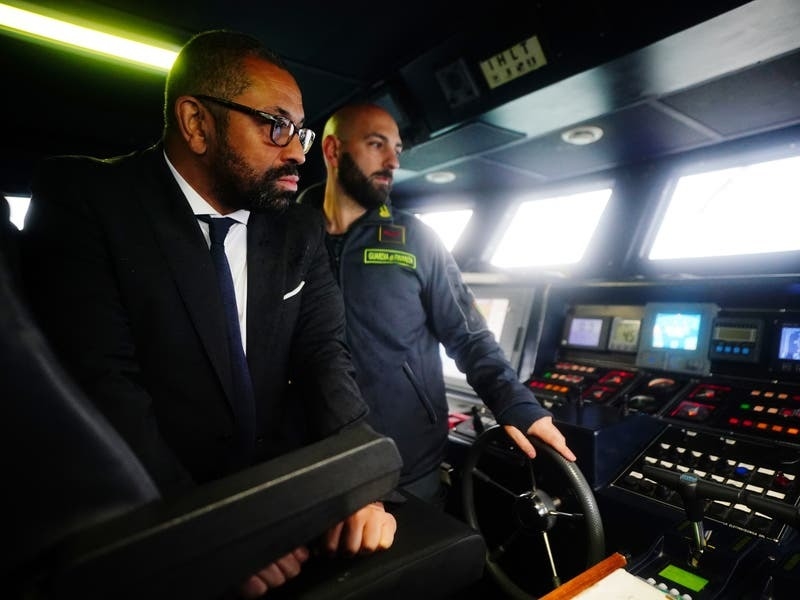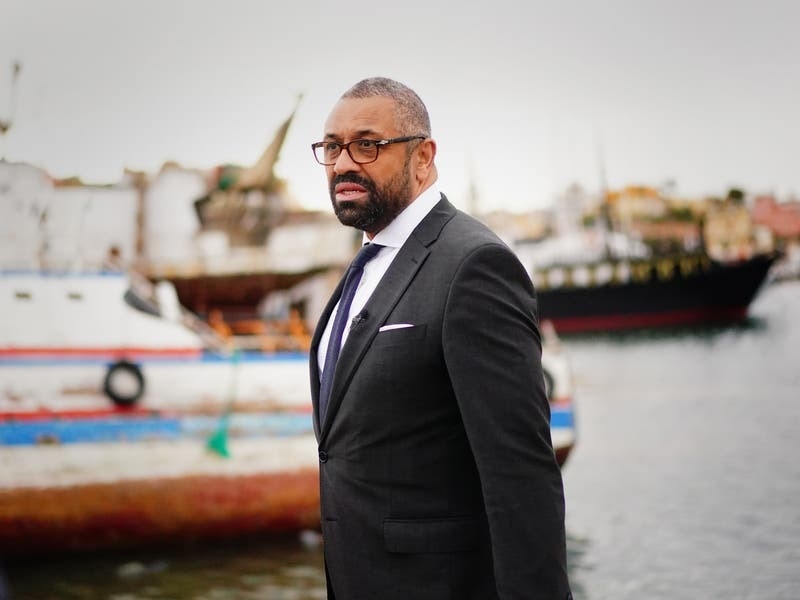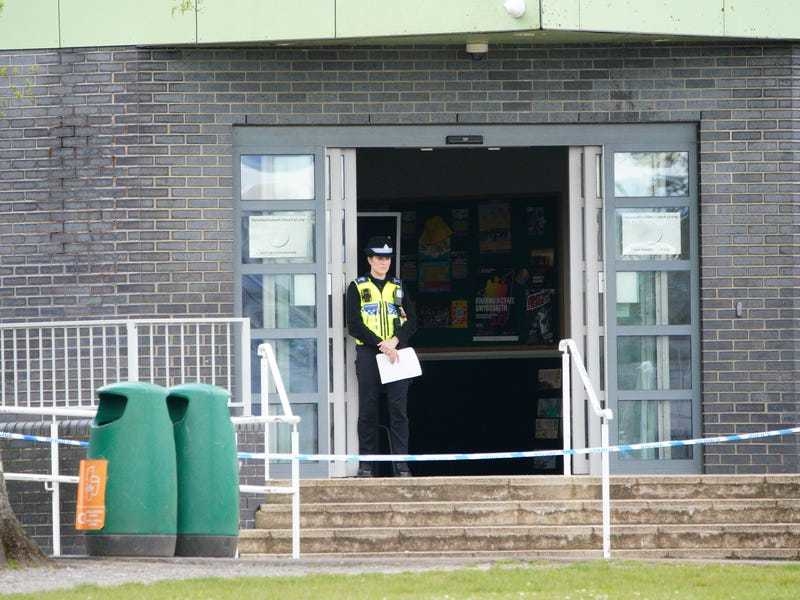By Gavin Ashenden
THE sad death of Archie Battersbee has touched the hearts of parents everywhere. It’s impossible not to feel the deepest sympathy for what must be one of the worst nightmares that haunts every parent.
Archie’s parents hope that some good may come from their tragedy. But their distress at his death was compounded by the way the state and medical establishment presided over Archie’s fate in a way that seemed neither transparent nor accountable.
Those of us who are parents know we are hard-wired to do absolutely everything we can to protect and look after our children. Our need to protect our children is visceral. One of the greatest tragedies a parent can experience is the death or the threat of death to their child.
We can’t judge the medical science that lay behind the assessment of Archie’s condition, but we can comment on what appeared to be the medical and judicial politics that lay behind its implementation.
Archie’s parents asked both the medical authorities and then the courts for two very important requests; the first was to allow Archie to be moved to another country where the medical authorities were willing to go on treating him; and when that was refused to allow him to be moved into a hospice.
That second refusal seems to raise some very unpleasant questions about the motivation of the medical authorities. Dying in a hospice is a very different experience to dying in a hospital. Their reasons for refusing were wholly unconvincing.
But on what basis should the state (in the form of the courts) and the medical establishment in the forms of the doctors ‘treating’ Archie stand in the way of his parents’ wishes for their child? If the parents had been deemed irresponsible or defective in some way, it might have been possible to understand such a response from the so-called professionals.
But there is a disturbing trail of statist patterns of medical control emerging over recent years.
If you cast you mind back just a short time, you may recall the story of the schoolgirl Tafida Raqeeb. She had suffered brain damage too.
It was only in 2019. The British doctors had written her off. She had suffered a catastrophic haemorrhage in the brain. The NHS went to the High Court to get permission to turn her life support off. If the court had agreed she would have been condemned to die.
Her parents found different scientific and medical diagnoses abroad. The Italian medical community took a different view and offered to treat her. That’s one of the attractive aspects of science. You have to test the truth to discover what it is.
Tafida’s parents went to the High Court to ask the state to release their daughter from the doctors who were preparing to remove her life support. This time, the courts gave permission. If you have followed what happened to Tafida in Italy, you will know that although she is in hospital still, she is steadily improving. Her brave and courageous parents are also trying to raise £25 million to establish a brain rehabilitation centre in Britain for other children suffering similarly.
In Tafida’s case the doctors made a faulty diagnosis. That happens in medicine, inevitably, but when it’s a matter of life and death, refusing to allow any other options on principle rather than on their merits or availability, is where the injustice and anxieties about the current climate lie.
But the doctors who oversaw Archie’s case not only refused to let other doctors abroad treat him who made a different scientific diagnosis, but they refused to release him to die in a hospice, in more dignified and expert conditions? And the state backed the doctors. The courts refused Archie’s parents’ appeals.
Part of the difficulty is the suspicion that behind closed doors a cosy establishment is working.
The indefatigable Andrea Minichello Williams, who has been representing Archie’s parents pro bono wrote:
‘Until recently, many of these decisions have been made behind closed doors, or at least with severe reporting restrictions, in the family courts with a relatively small group of lawyers and judges who appear to know one another well. For months, the Christian Legal Centre has done its best, in a whirlwind of high emotion, legal and medical battles, to shine light on the system, to bring how it works into the open.’
Archie’s medical condition was dire. The ethical and medical issues were complex.
But what made the situation worse was the lack of transparency by those medical and legal professionals who had removed a child from his parents’ control, and turned out to be unaccountable for the way in which they determined a sick child’s fate.
One of the most frustrating aspects of dealing with organisations and bureaucracies is the way people with power within the system exercise it in circumstances where there is a sense that it has been arbitrary, unreasonable or unjust.
All power corrupts, but where those who have power have removed a sick or vulnerable child from its parents’ care, it’s essential in a civilised democracy that, whether they be doctors or lawyers, they are seen to be exercising their power in an open and accountable way.






